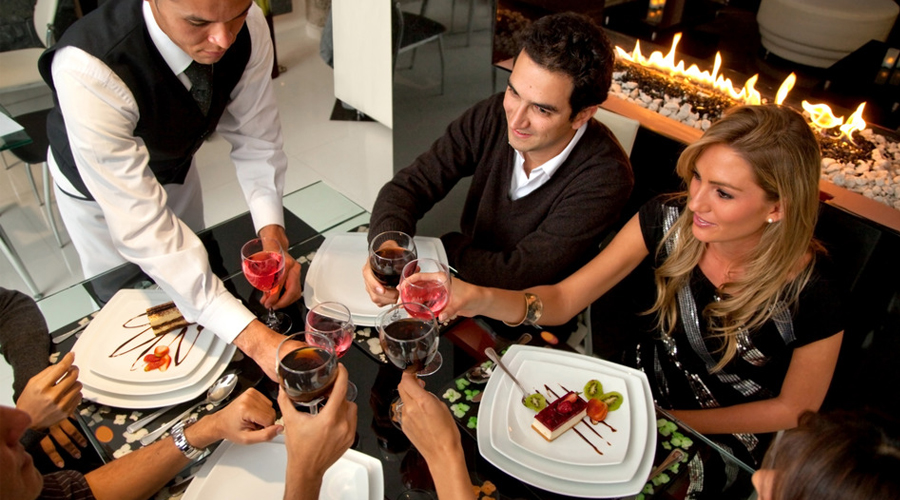Early on Friday afternoon, June 28, TPI-FMB spokesperson John Gucciardo updated The Island Sand Paper on the two lawsuits from Town resident Chris Patton that have put the Margaritaville Resort construction at the base of the Matanzas Pass Bridge on hold for eleven months.

Margaritaville Resort Fort Myers Beach rendering with the Fins Up Beach Club in the foreground.
“The first legal case is a Writ of Certiorari,” Gucciardo explained. “This is a court process that seeks a judicial review of a decision from a lower court or administrative agency; in this case, the Town, claiming it did not have the right to approve the Margaritaville project. We expect this decision in the very near future. The other is the Civil Action case that will most likely come to trial in November. Unfortunately, I do not see any way around that, as they do not want us to build the resort and we feel we have every right to, based on two unanimous Town Council votes and the Local Planning Agency majority decision, so there is no room for compromise.”
Forty-eight hours later, everything had changed, with the Town announcing that Patton dropped her Civil Action against the Town! So what happened? “You have to ask the plaintiff,” said an obviously happy Gucciardo! “We were ready to proceed with the Town over the Civil Trial and felt we were up to the challenge, but dropping it is the much preferred alternative. With the Writ of Certiorari already on the judge’s desk, in which we anticipate a favorable outcome, Margaritaville can move ahead in a much more rapid fashion than we hoped just a few days ago, because it is possible for a Civil Case and appeal to drag out as much as 18 months. Now groundbreaking may be as soon as the start of 2020, so this chops anywhere from 9 months to one year off the start of construction!”
Continue Reading the full article




